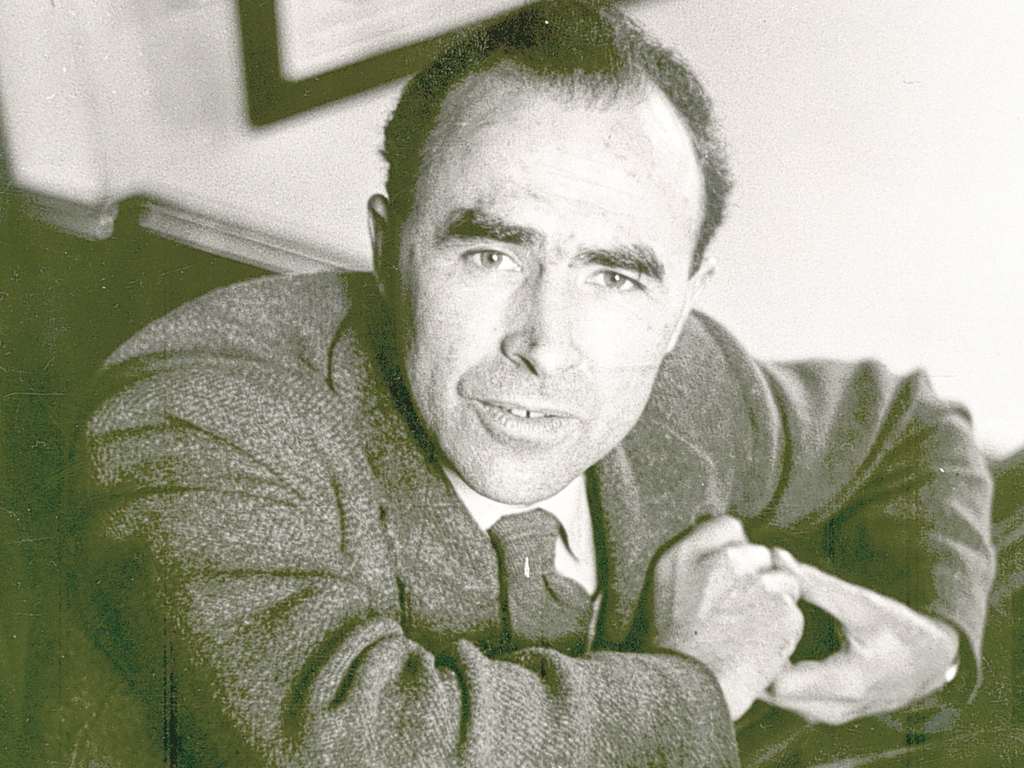Edward Kemp: Horticulturalist hailed as one of the finest of his generation

Your support helps us to tell the story
From reproductive rights to climate change to Big Tech, The Independent is on the ground when the story is developing. Whether it's investigating the financials of Elon Musk's pro-Trump PAC or producing our latest documentary, 'The A Word', which shines a light on the American women fighting for reproductive rights, we know how important it is to parse out the facts from the messaging.
At such a critical moment in US history, we need reporters on the ground. Your donation allows us to keep sending journalists to speak to both sides of the story.
The Independent is trusted by Americans across the entire political spectrum. And unlike many other quality news outlets, we choose not to lock Americans out of our reporting and analysis with paywalls. We believe quality journalism should be available to everyone, paid for by those who can afford it.
Your support makes all the difference.Forty-one years have passed since Edward Kemp, who has died at the age of 101, retired as Curator of the Royal Botanic Gardens in Edinburgh after 21 years distinguished by pioneering work on plant propagation. Stephen Blackmore, Regius Keeper of the Botanic Gardens, told me, "Kemp quite simply was one of the great horticulturalists of his generation and an innovator in the propagation of plants and their display. He was also an outstanding and inspiring teacher and his students went on to success around the world. His passion for plants remained throughout his long life."
Within weeks of my becoming an MP in 1962, Kemp invited me to visit the "Botanics", as he had heard that I was a beekeeper and might therefore be interested in plants. As a result I put down half a dozen parliamentary questions to the Secretary of State for Scotland. Passing me in the corridor, Jack Maclay (later Viscount Muirshiel, and founding chairman of the Scottish Civic Trust), said to me with a chuckle, "You must have been seeing Eddie Kemp!" He was correct.
Kemp got money mostly from the Scottish Office for the then quite new concept of a Demonstration Garden, where the staff gave explanations of the families of plants, their characteristics and their inter-relationships. Kemp also extracted money from the Scottish Office, as well as some generous private benefactors, for the construction of glass houses designed and built in such a way as to produce the externally suspended modern range, which we see in so many botanic gardens today. Kemp can justifiably claim to have been the inventor. Critically, these glass houses enabled him to introduce his enlightened, naturalistic lay-outs for educational plant displays within an airy structure.
Edward Kemp came from generations of Aberdeenshire farmers and owed his training in horticulture to teenage apprenticeship to the distinguished Aberdeen Parks Department. To gain further experience he found skilled employment at Lord Cowdray's magnificent Dunecht estate garden, and by correspondence classes he not only studied surveying, but Latin and German as languages useful, indeed essential, to serious horticulture in the 1930s. In great old age Kemp could, and frequently did, quote from Virgil.
In 1932 he arrived at the Botanics as a student and made such a success of his opportunity that he was given responsibility for the propagation department, which was established to co-ordinate the cultivation of an influx of recently introduced Asian species. In 1943 Kemp was commissioned into the Royal Artillery. Fluent in German, he was seconded to Force 134, which led the immediate postwar allied occupation of Norway. On return to civilian life he was appointed Curator of the Royal Botanic Gardens.
On retirement in 1971 he went on to create a botanical garden at Dundee University. Shortly after his 100th birthday a new medal in recognition of his contribution to the Botanics was struck and presented to him at a celebration of his centenary. Professor David Ingram, Director of the Gardens from 1990 to 1998, told me: "Edward Kemp was a figure of immense importance in the history of the Royal Botanical Gardens and a giant in the botanical world of his day."
Edward Kemp, horticulturalist: born 26 July 1910; married 1954 Helen (died 2008; one son); died 7 July 2012.
Join our commenting forum
Join thought-provoking conversations, follow other Independent readers and see their replies
Comments